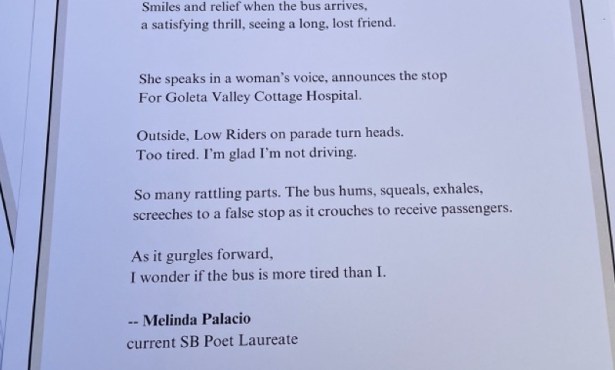Suit Filed Against Feds in Attempt to Protect Red-Legged Frog
Enviros Accuse Government of Decreasing Species' Habitat
A group of scientists spearheaded by the Center for Biological Diversity delivered a 14-page complaint against the U.S. Fish and Wildlife Service for failing to protect the “critical habitats” of 13 endangered species in Oregon, New Mexico, and California, among others.
The complaint alleges that political corruption influenced the U.S. Fish and Wildlife Service’s decisions to allot only 10 percent of the proposed 4.1 million plus acres to just over 450,000 acres. The Service cited economic concerns that expanding the Californian Red-Legged Frog’s habitat would harm industry in the area. However, the Center for Biological Diversity – a group of scientists, attorneys and other professionals that pursue conservation through legal and political avenues – contends that former Deputy Assistant Secretary of Interior Julie Macdonald manipulated and coerced scientists to give data and approve the decisions that resulted in drastic reductions in the Service’s protection of critical habitats. Macdonald has since resigned from her position and her decisions are under investigation by the Inspector General.
“Habitat loss is the number one killer of endangered species. These species won’t survive unless we protect their habitat,” said Michael Senatore, senior counsel at the Center for Biological Diversity.
Of the 13 species mentioned in the complaint, the most famous is the California Red-Legged Frog, whose habitat extends into Santa Barbara County. Thanks to the work of Mark Twain, this native amphibian is well known in California, but according to scientists its “historical habitat” extended far beyond Calaveras County to Mexico in the south, westward to the coast and eastward the base of the Sierra Nevada. The U.S. Fish and Wildlife Service have listed the frog as endangered since 1996.
According to the center’s website the frog has lost 90 percent of its original habitat due to “logging, wetland draining, water diversions, dams, cattle grazing, pesticides, urban sprawl, and agricultural expansion,” which is why the fight for protected habitat is so controversial. Without the protection the Fish and Wildlife Service is responsible for the remaining population of frogs could rapidly face extinction. By enlarging the protected habitat environmentalists hope to provide safe space for breeding, when frogs are the most vulnerable, far from the encroachment of humans.



